In 1996, a 26-year-old man named Luc Ntahobari fled from his home country of Burundi. For three years, civil war had been raging across the country, pitting ethnic Hutus and Tutsis against each other. Set off by the first multi-party elections since independence, the war lasted 12 years. Children were widely recruited as soldiers, and it is estimated that over 300,000 people died. As Luc describes it: “It was terrible the killing that started. My prayer for myself was that I would be killed so that I would not have to kill someone.”
My prayer for myself was that I would be killed so that I would not have to kill someone.”
During his time in exile, Luc started attending a Church of the Nazarene. In it, he felt the call to pastor. He lived in Malawi and Tanzania and studied for ministry, teaching at a Nazarene secondary school and pastoring a small church. In 2005, the civil war came to a close, and the French Field leader in Africa proposed starting the Church of the Nazarene in Burundi. Luc was invited back to help start the church, and when Burundi was organized as a district a year later, Luc was asked to take the role.
In 2015, a contested presidential election again caused massive protests and civil unrest. In the end, 400 people were killed, and hundreds of thousands of people fled Burundi. Mistrust escalated among those who remained, raising fears of more ethnic violence.
This time, however, the Church of the Nazarene was ready to be a source of peace and reconciliation.
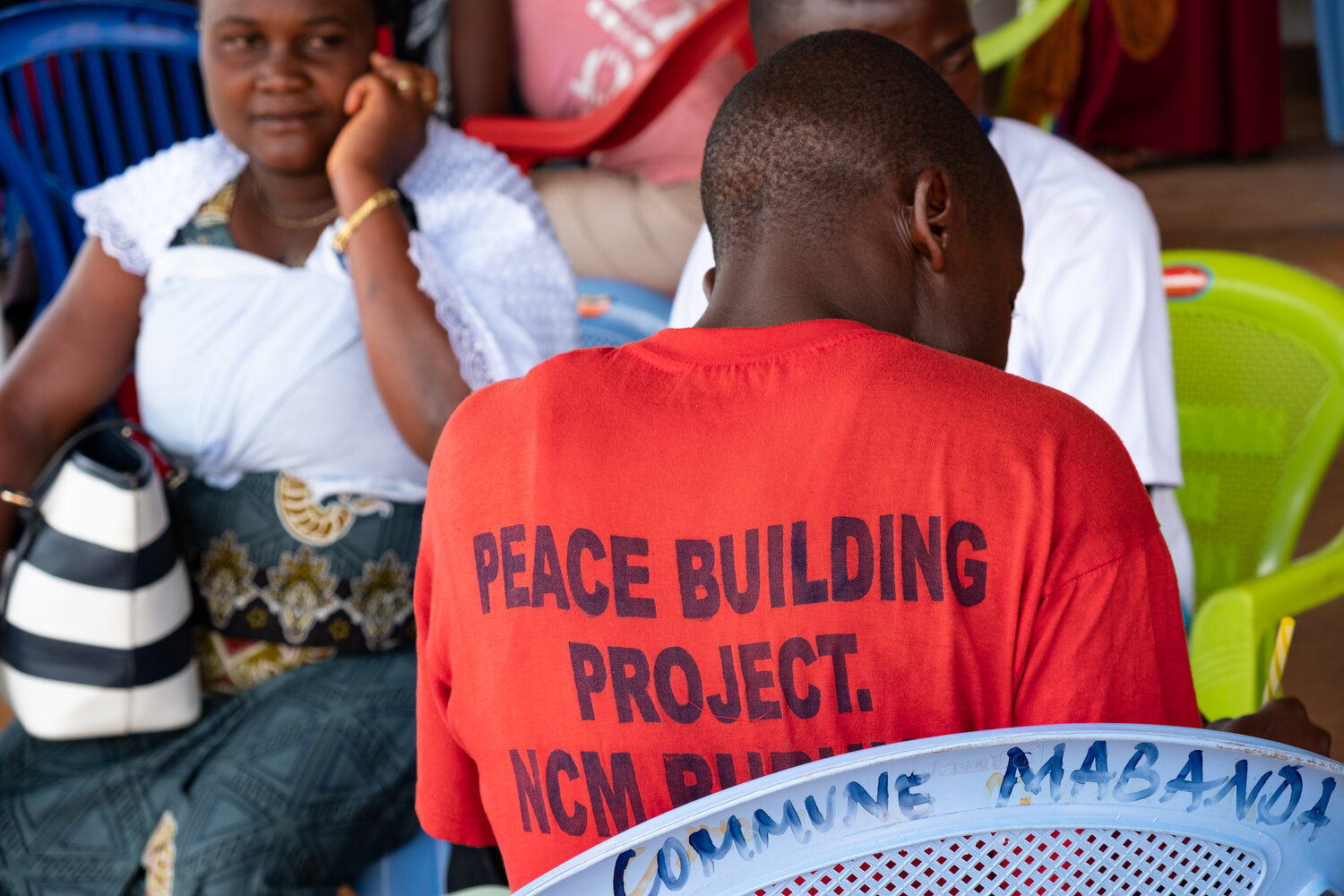
THE WITNESS OF THE CHURCH
When the Apostle Paul wrote his letters to the Corinthian church, he did so out of a holy concern for the wellbeing of the church members as well as for the purpose of encouraging them to address and heal divisions that were increasing in the congregation. The church was wrestling with a variety of divisive issues, and Paul wanted to nurture the idea that part of God’s work in the world is to be reconciled to God and to each other.
And so Paul wrote, “All this is from God, who reconciled us to himself through Christ, and has given us the ministry of reconciliation; that is, in Christ God was reconciling the world to himself, not counting their trespasses against them, and entrusting the message of reconciliation to us” (2 Corinthians 5:18-19).
While Paul and the Corinthian church were not dealing with the intensity and scale of the violence that Burundi has faced, it is clear the message is universal: we carry with us the ministry of reconciliation. If the witness of the church is to be a place where you can be reconciled with your enemies, how are we doing?
Does the world know that when we are in conflict, we can come to the church to be reconciled?
In Burundi, the Church of the Nazarene has taken this question seriously. Over the last year, the district has been running a peacebuilding project that encourages youth from different ethnic and political groups to engage with each other. These activities are meant both to nurture better relationships in the midst of great tension and to incubate small businesses.
The purpose of the project is not only to reconcile combating groups but also to create peace and stability through the economic development of the country and the employment of youth. The process of building peace can’t include improving relationships only; it must also include the flourishing of the population and a vision for a better future.
And so this is where the church in Burundi has focused its efforts.
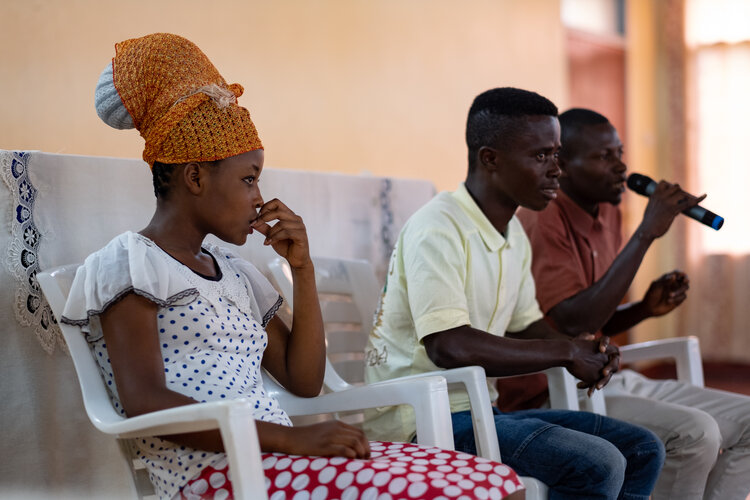
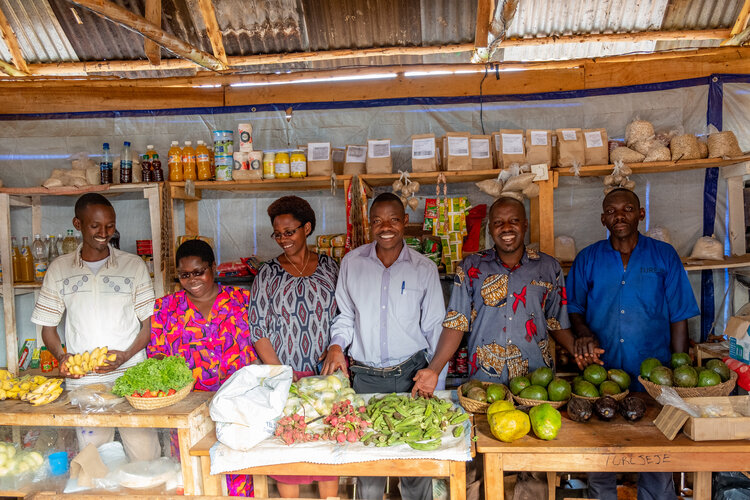
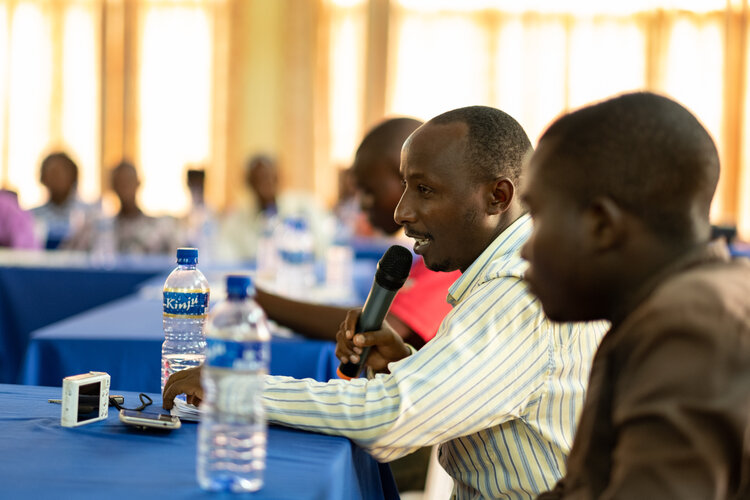
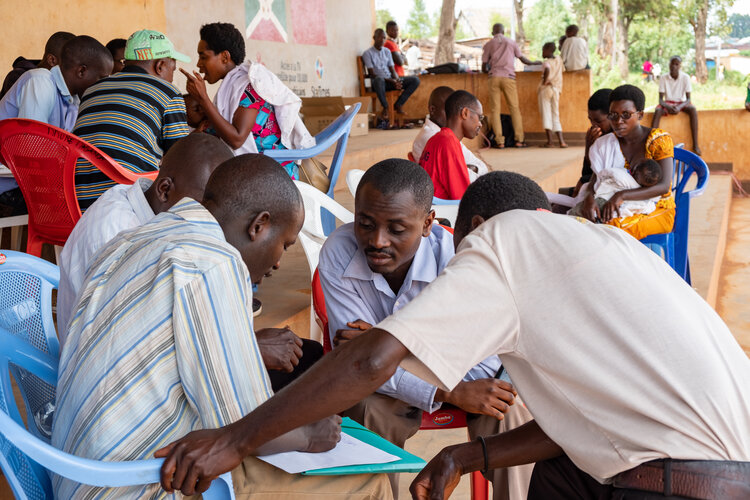
YOUNG PEOPLE FORMING TRUST
Claude Nduwimana has been leading these efforts. Claude is a soft-spoken man with a kind smile, and he often takes long pauses as he considers a statement or question. It’s clear that his demeanor and personality have opened doors for this project. He has worked with villages all over the country to show that the Church of the Nazarene can contribute not only to the reduction of tension and violence between historic enemies but also to the economic development of the communities through the youth.
Over the last year, Claude and NCM Burundi ran programs that brought together youth, ages 14 to 35, to engage with issues of division and historical trauma while creating businesses that will benefit the community. The assumption is that if youth can start building trust among themselves, then the businesses they develop can last longer and will be accepted widely in the community.
Since the beginning of the project, hundreds of youth have participated in peacebuilding activities: drama programs, sports, cultural exchanges, and conversations designed to address historical grievances. Many of these have culminated in public events with thousands of community members in attendance who had the chance to see the youth commit to each other and a future of peace and prosperity.
These hundreds of youth then organized themselves into teams to create businesses they thought would be viable. This effort may seem like an obvious and inconsequential step, but for those in situations of conflict, the hope for a better and different future is neither easy nor small. It is a step of faith. It is an assertion that there is hope for a future different than our current reality. It is a belief that God is at work in the world and that He is making all things new. We are called to participate in that work, the work of “building peace,” or building shalom.
Taken from the latest issue of NCM Magazine. Read the rest of the article here.


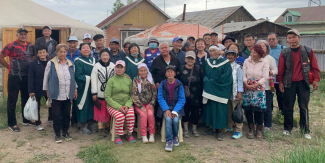
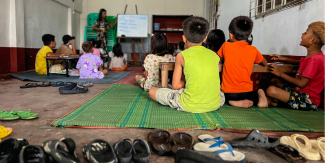


Add new comment